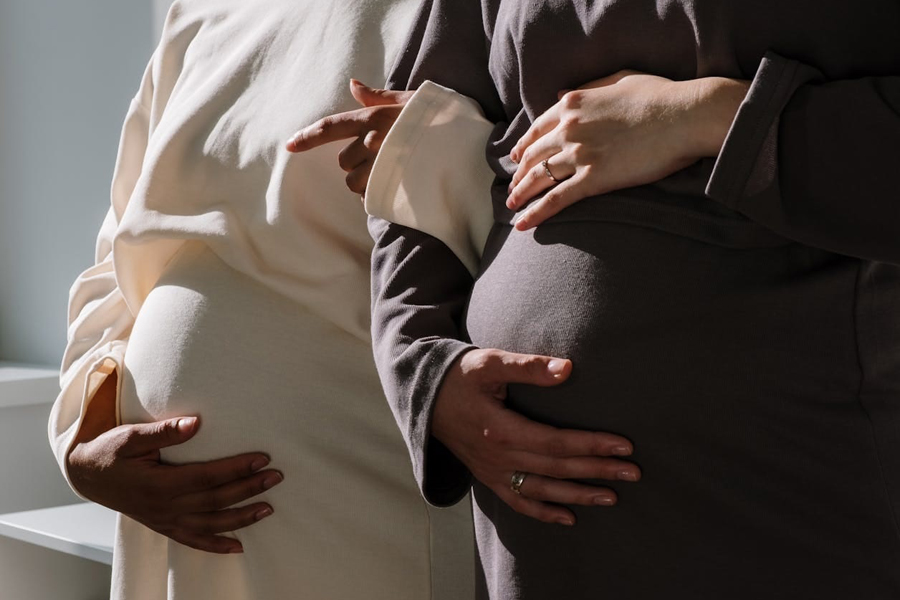Democracy in Uganda deteriorates – Report
A survey by the Centre for Constitutional Governance has revealed that Uganda’s democratic principles have in the past twenty two years continued to dwindle.
Speaking at the release of the survey report at Hotel African in Kampala, Centre for Constitutional Governance Director, Sarah Bireete said the survey was conducted in various parts of the country including west, East and Central Uganda in a bid to get views from respondents about the country’s democratic pillars.
Keep Reading
- > Broken Promises and Barren Fields: Serere Farmers Vent Frustration
- > Uganda's Intellectual Property Landscape: Progress and Challenges
- > Keddi Foundation Extends Relief Aid to Flood-Affected Residents, Market Vendors in Entebbe
- > Understanding the Role of RDCs in Uganda: Mandates and Responsibilities
“We found out that Uganda is slowly legislating against freedom of expression and association .A good example is the Public Order Management Act which largely restricts people from associating freely without undue interference,”Bireete said.
“This unprecedented law is used to grossly undermine and constrain the mobilisation activities of other political parties when compared to the ruling National Resistance Movement (NRM).”
The report also indicated an increasing involvement of security operatives in the country’s politics especially elections, pointing them to undermining the enjoyment of civil and political rights and freedoms of the people in their respective political parties.
“Overall, there is a regressing democratic process after 22 years of constitutionalism. Instead, Uganda’s political environment is to the contrary indicative of a dictatorship and elections are regularly conducted as a way of justifying regime longevity.”
President Yoweri Kaguta Museveni was declared the winner of the 2016 presidential elections with 5,617,503 votes, representing a percentage of 60.7 and beating four time presidential candidate and opposition strongman Dr.Kizza Besigye who garnered 3,270,290 votes, representing a 35.37 percentage.
However according to the report, the regular elections in Uganda can no longer add value to its democratisation process but are instead becoming a source of doubt among majority of the citizens and a cause of resentment and conflicts in society.
Following the 2016 presidential elections in which he was defeated, Besigye said he did not agree with the outcome, requesting an independent audit of the results from an international body.
However in response, in response, government spokesperson and also director Uganda Media Centre Ofwono Opondo rubbished the claims by Dr.Besigye over the 2016 polls.
“The 2016 presidential elections were over and results lawfully and appropriately declared and gazetted by the Electoral Commission as mandated by the Constitution of Uganda. Those that were dissatisfied with the results went to the Supreme Court in accordance with the established procedures and the Court gave its public verdict, and therefore that matter is settled and won’t be revisited by anybody including the purported foreign countries,”Opondo said in a statement recently.
Bireete said that elections in Uganda have started acting as a doubled-edged sword for democracy.
According to the study, there is an ambiguity in the implementation of the multi-party system in Uganda and this negatively impacts on the environment under which political parties operate which is another way in which democratic values are going down.
In reaction to the report, lawyer Andrew Karamagi said that state of affairs in the politics of the country and the democratisation process can only be traced back to the colonial days and the laws they made.
“We transplanted laws from the colonial administration but failing to come up with our own laws of the modern era. Because of the colonial laws, everyone is looking at how they can take power,”Karamagi said.
He noted that this led to personalisation of the state.
Another lawyer, Frank Kanduho however said that the attributes of the top leadership are a reflection of the Ugandan society.
“We are dealing with elementary politics which is from the street. It is the society that we live in right now,”Kanduho said.













